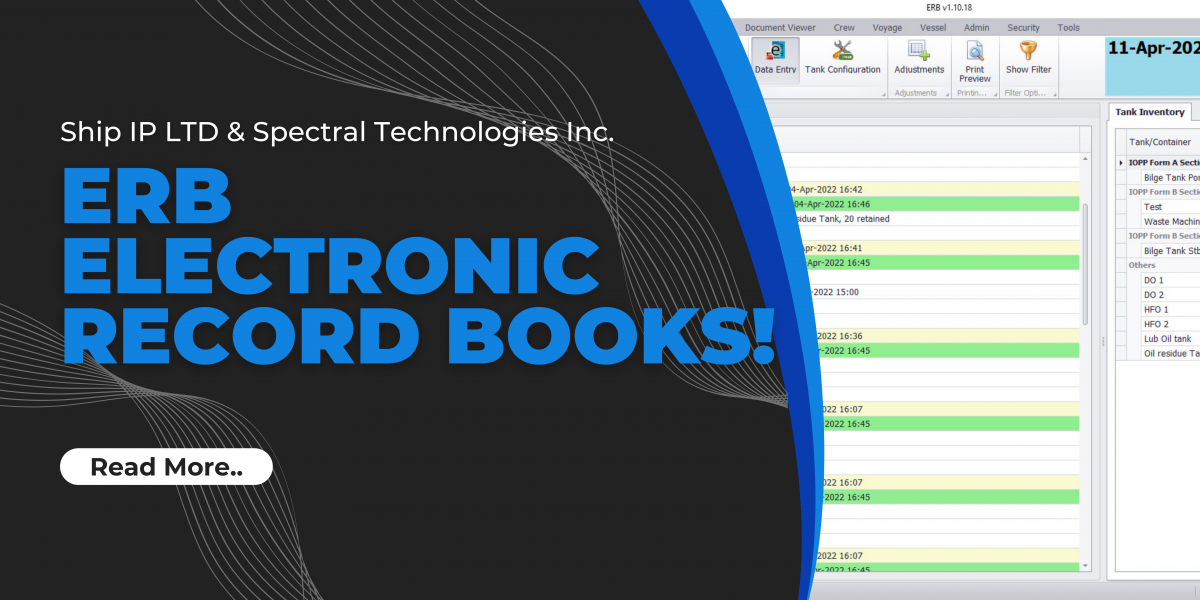The Future of Maritime Digitalization: Why the Industry Must Adapt Now
February 24, 2025 ERB (Electronic Record Books)
Introduction
The maritime industry is undergoing a digital revolution. With increasing global regulations, sustainability goals, and the need for efficiency, shipowners and operators must embrace digital transformation. But what does maritime digitalization mean for the future of shipping?
Key Digital Trends Shaping the Maritime Industry
1. Maritime Single Window (MSW) Compliance
Regulatory bodies like the IMO are pushing for the mandatory adoption of Maritime Single Window (MSW) systems to streamline ship-port interactions. Failure to comply by 2024-2025 may result in operational delays and penalties.
🔹 How to prepare? Shipowners should invest in a robust MSW solution that integrates with customs, port authorities, and logistics systems.
2. Electronic Record Books (ERB) – The End of Paper Logbooks
With growing environmental concerns and compliance requirements, traditional paper logbooks are becoming obsolete. Electronic Record Books (ERBs) ensure accurate record-keeping, reduce errors, and enhance regulatory compliance.
🔹 Who needs it? Tanker operators, bulk carriers, and offshore vessels must transition to ERBs for MARPOL and SOLAS compliance.
3. Cybersecurity in the Maritime Sector
Cyber threats are rising in the maritime industry, targeting vessels, ports, and logistics systems. A single cyberattack can cripple an entire fleet’s operations.
🔹 Solution? Shipowners should invest in maritime cybersecurity compliance software to protect their fleets from hacking, ransomware, and data breaches.
4. AI & IoT for Predictive Maintenance
Predictive maintenance using AI and IoT sensors can reduce breakdowns, cut operational costs, and improve vessel efficiency.
🔹 Example: A leading shipping company reduced fuel consumption by 15% by using AI-powered predictive analytics.
5. Maritime Safety & Incident Reporting Systems
Fleet safety is a priority, and automated incident reporting systems help shipowners track accidents, near misses, and compliance issues efficiently.
🔹 Benefit: Reduces risk, improves response time, and ensures compliance with flag state and classification society regulations.
Conclusion: The Time to Digitize is Now
Companies that fail to embrace digital transformation will face higher costs, regulatory penalties, and lost competitive advantage. The maritime industry must act fast to integrate MSW, ERBs, cybersecurity, AI-driven maintenance, and safety reporting systems.
📢 Are you ready for the future of maritime digitalization? Contact us today to discuss how digital solutions can transform your fleet.







